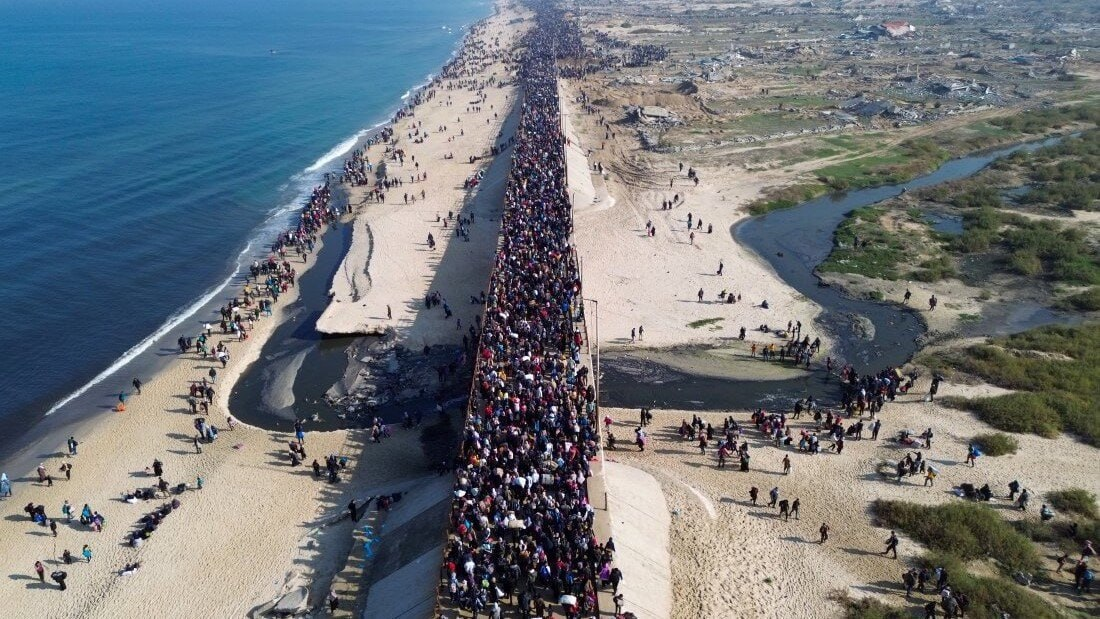
Trump's views on the war in Ukraine posted on social media while Zelenskyy cancels visit to Saudi Arabia; Putin wants to restore trust
Trump's views on the war in Ukraine posted on social media while Zelenskyy cancels visit to Saudi Arabia; here are some key points from Trump's...




































